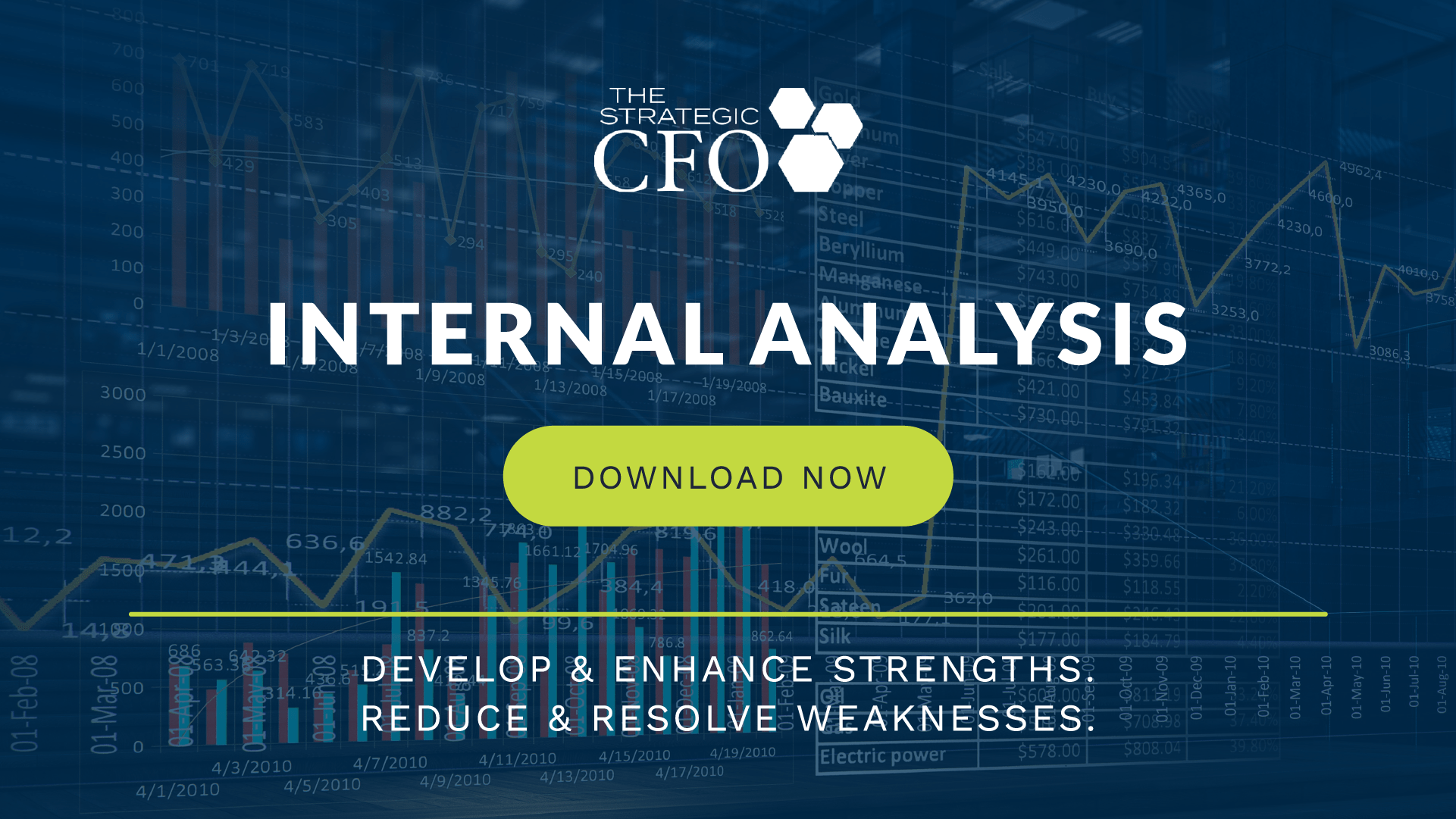See also:
Decision Making
Opportunity Cost Definition
Opportunity Costs Definition
In economics, opportunity costs refer to the value of the next-best alternative use of that resource given limited resources. They are applicable beyond finance and accounting. In daily life, opportunity costs are the benefits or pleasures foregone by choosing one alternative over another.
For instance, if you decide to spend money eating out for dinner in a restaurant, then you forgo the opportunity to eat a home-cooked meal. You also lose the opportunity of spending that money on another purchase. If the next-best alternative to eating out is eating at home, then the opportunity cost of eating out is the money spent. In addition, another opportunity cost is the experience you forgo by not eating a home-cooked meal. In other words, the opportunity cost is the value of the next best use of your resources. When resources are scarce, consider the cost between alternatives. Do this so that resources (such as time, money, and energy) are used as efficiently as possible.
[button link=”https://strategiccfo.com/internal-analysis” bg_color=”#eb6500″]Download The Internal Analysis Whitepaper[/button]
Opportunity Costs for Production
Opportunity costs apply to allocating resources in production. In economics, the production possibility frontier (PPF) refers to the point of allocating resources and producing goods and services in the most efficient way possible. If the economy produces quantities of goods below or above the PPF, then infer that resources are being allocated inefficiently. The PPF illustrates that opportunity costs exist when deciding what quantity of goods and services to produce in order to maximize efficiency and production capacity. Companies use opportunity costs in production to make smart decisions by weighing the sacrifices of choosing one alternative over another.
Explicit Costs
Explicit costs are opportunity costs when producers make direct payments for expenses such as salaries and wages of employees, rent and utility expenses, and material costs. For example, a company has a $10,000 rent expense. The opportunity cost of $10,000 could have been spent on other aspects of business operations.
Implicit Costs
Implicit costs are opportunity costs when you use an asset instead of selling or renting the asset to someone else. These opportunity costs exist without any actual payments. Economic profit takes implicit costs into account as an extra opportunity cost when you subtract both explicit and implicit costs from total revenues. Accounting profit only takes explicit costs into account when subtracting explicit costs from total revenues.
Opportunity Costs for Consumption
Opportunity costs apply to allocating resources in consumption. If you decide to spend money on a purchase, then you forgo the opportunity to spend that money on other purchases.
Example
For example, a homeowner decides to use his guest quarters over the garage to create a home office. The opportunity cost of the homeowner’s decision is either:
- the loss of that guest quarters space for visiting family or friends
- the potential money earned from renting out the space
Check out our free Internal Analysis whitepaper to assist your leadership decisions as your enhance your strengths and resolve your weaknesses.
Click here to learn more about SCFO Labs[/box]





















